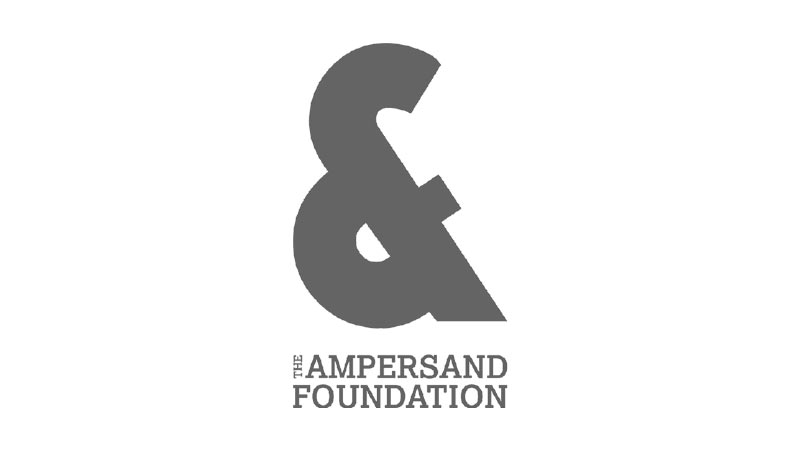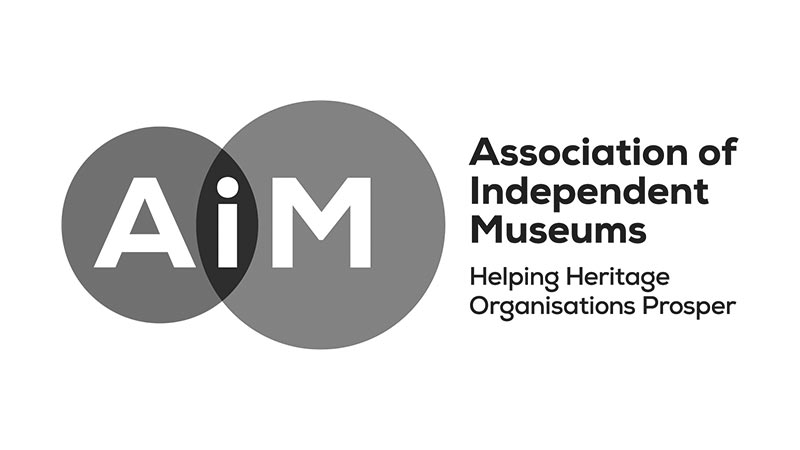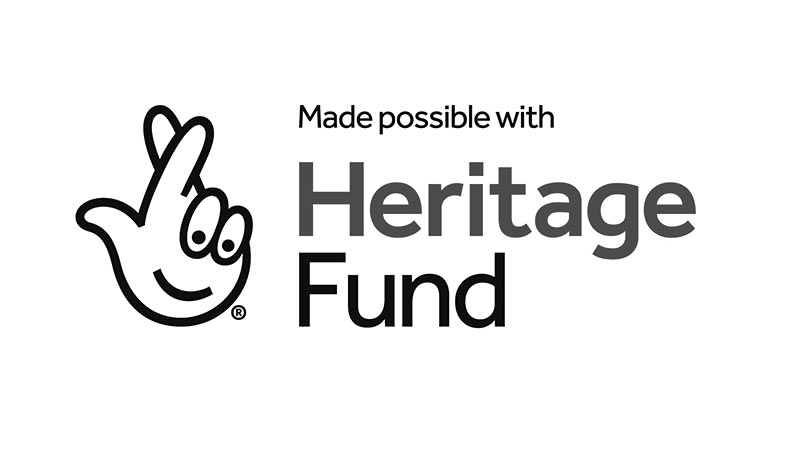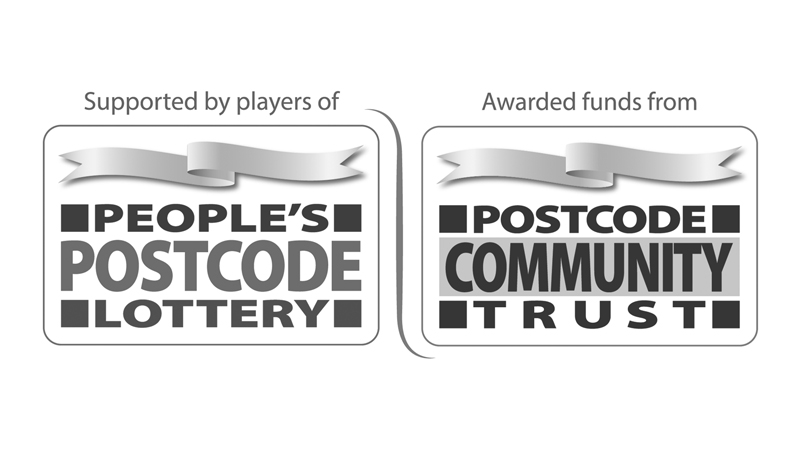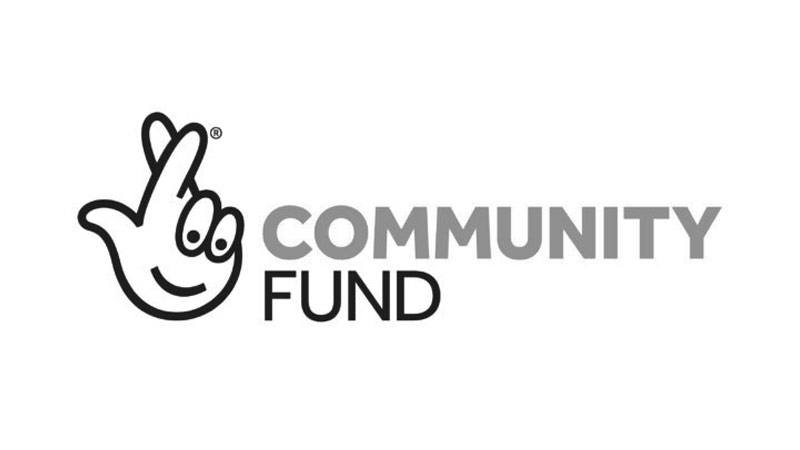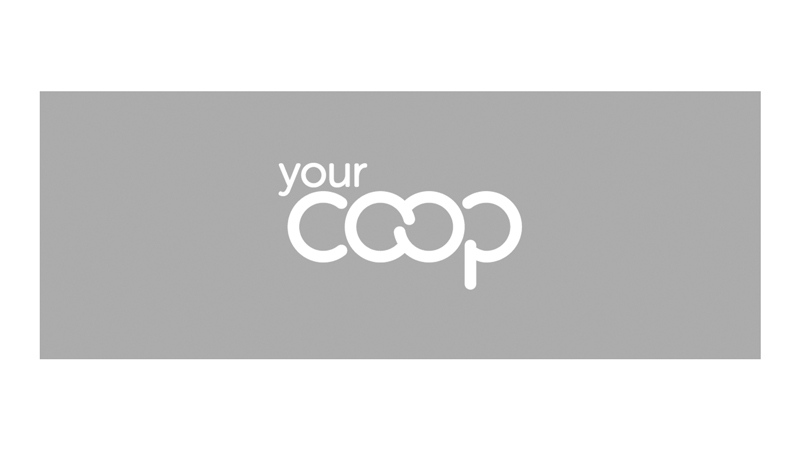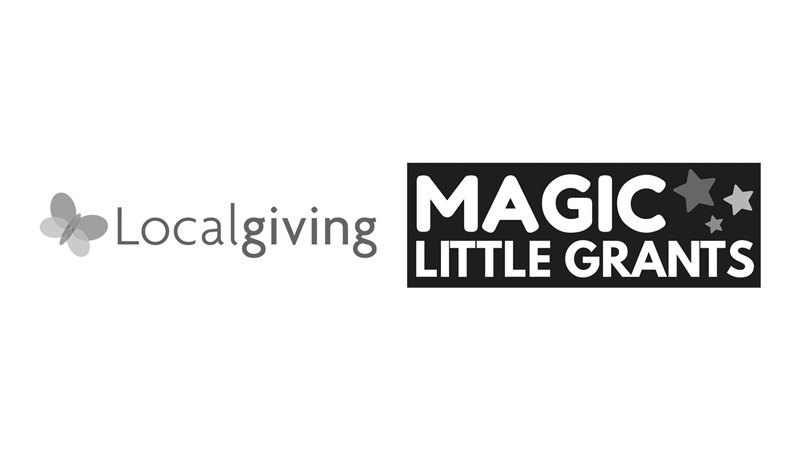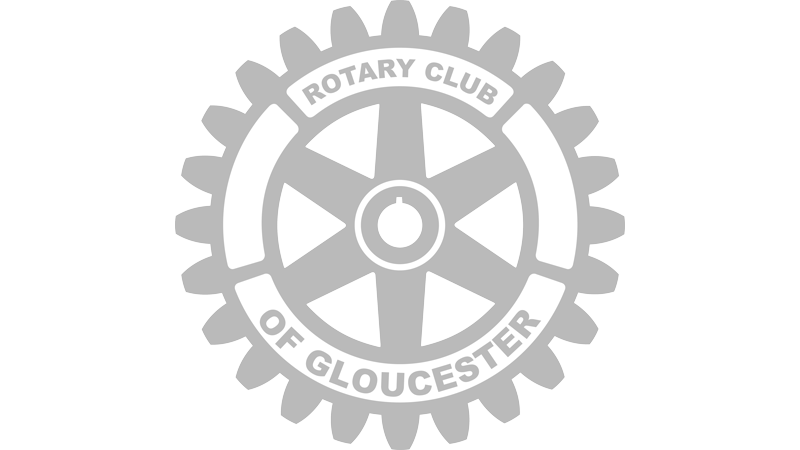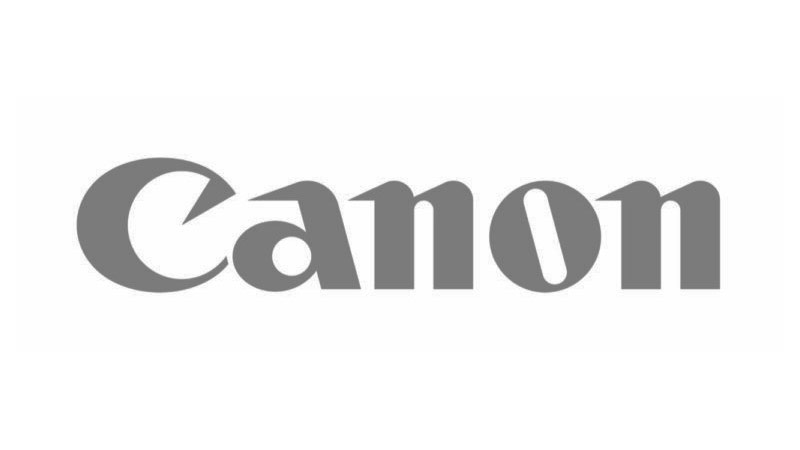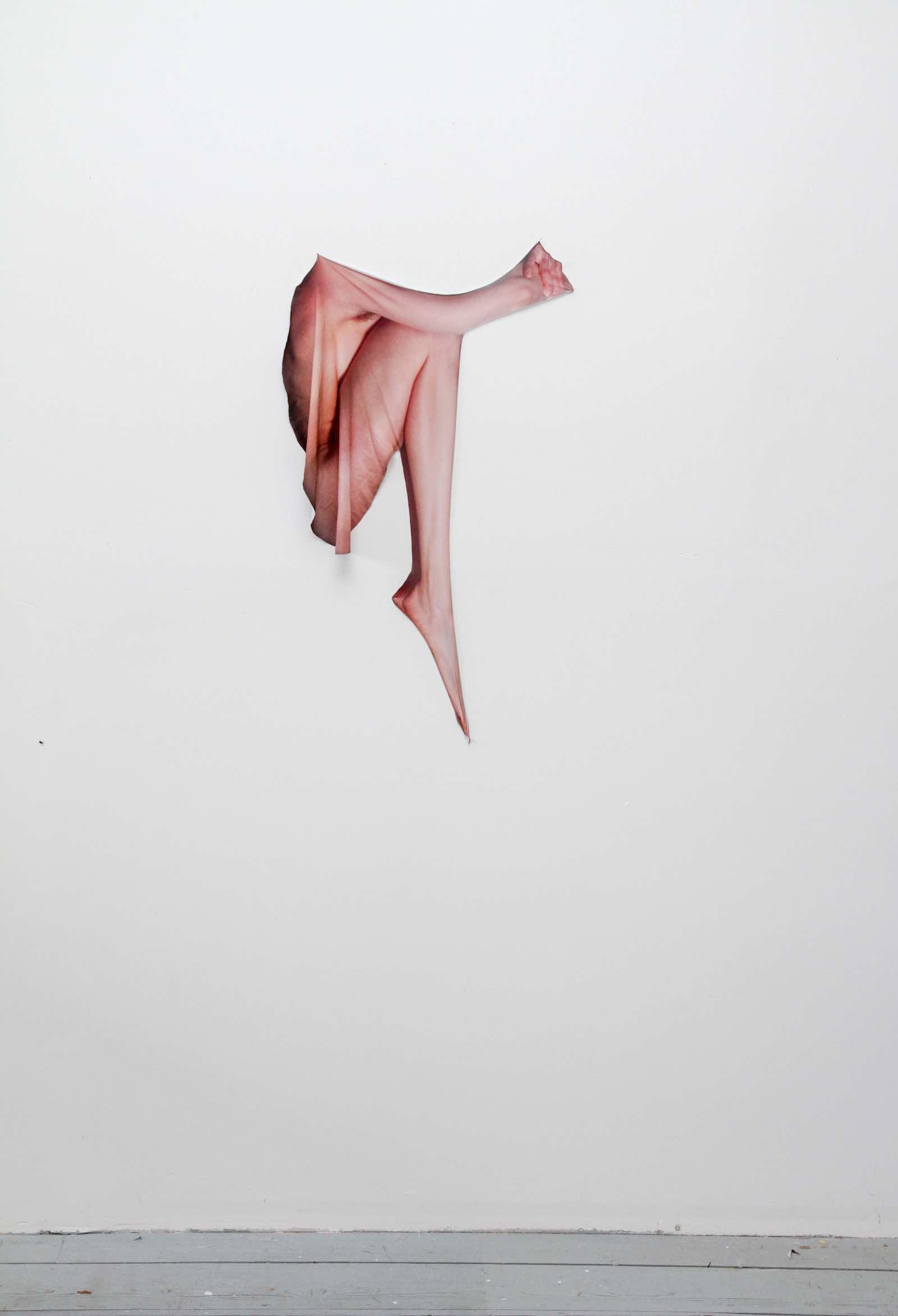
Alix Marie, STRETCH (K) 2019 ©️ Alix Marie
Photography & Textiles
Part of our display references the local textile history, situating it within a framework of contemporary art and photography. Photography Heroines, whose oeuvres explore photography and fibre arts include:
Adama Delphine Fawundu
Born in New York to an Equatorial Guinean mother and a Sierra Leonean father, Adama Delphine Fawundu is an interdisciplinary visual artist. She draws from personal experience to explore African heritage, mythology, and diaspora, navigating her cultural identity through her work.
In her 2019 exhibition The Sacred Star of Isis and Other Stories at the Museum of African Diaspora in San Francisco, Adama explored the tension between her family’s traditional Mende beliefs and Westernised ideals. She incorporated ancestral artefacts, such as handmade batik fabrics, to create layered images that mirror the complexities of diasporic identity.
Adama’s Body Vernacular (2018) – a series of mixed-media prints which feature bodies intertwining with the texture of their surroundings – suggests the intimate connection between the tactile quality of craft work and the language of visual images. The work emblematises craft’s importance to sensory experiences of heritage, incorporating backdrop fabrics in a similar manner to her 2017 series, Passageways.
Alix Marie
Alix Marie (b.1989) is a French artist based in London. Across the mediums of photography, sculpture and installation, her work explores our relationship to bodies and their representation.
Her visual style is characterised by objectification, fragmentation, magnification and accumulation, particularly in relation to the body. She considers photographs to be objects and has previously explored the similarities between the surface of the skin and the surface of the photographic print.
In her series STRETCH (2019), Alix presents photographs of her friend and recurrent model performing various yoga poses. The photographs, printed on Lycra, are pinned and stretched to their limits, resulting in a distortion reminiscent of computer-altered images while alluding to the effort and sensation of stretching muscles.
Alongside this, Alix has incorporated fabric and textiles in numerous other works; for example, her series Styx includes an immersive installation comprising found X-ray images, transferred to large translucent fabrics via the cyanotype procedure.
SKETCH (K) is currently on display in Nailsworth
Annegret Soltau
Annegret Soltau, a visual artist, was born in Lüneburg, Germany in 1946. Throughout her artistic career, she has used media including photography, collage, performance and video to explore identity, frequently challenging conventional notions of bodily representation. Among her most well-known works are photomontages of her own body; these are fragmented, collaged and sewn over with black thread, creating new networks of meaning with each stitch.
Womanhood, the physicality of the body, and lived experience are all frequently explored in Annegret’s work, and she has notably created artworks exploring sexuality, pregnancy, birth, abortion, sickness and violence. Annegret’s regular inclusion of thread in her artworks invites audiences to comprehend her oeuvre as one large tapestry, which documents her journey through artistic exploration.
Jenny Matthews
Jenny Matthews is an acclaimed documentary photographer, filmmaker and artist. Her work deals with issues of dispossession and human rights, with a particular emphasis on the lives of women and girls. She has worked all over the world for NGOs and on editorial assignments, covering momentous historical events including the guerrilla war and Independence of Eritrea, the Sandinistas in Nicaragua and the genocide in Rwanda.
Since 2020, Jenny has been making a series of photo quilts comprising edited photos from her archive. Each photograph has been printed onto cotton linen, stitched together, and embellished with embroidery on material most often sourced from the countries in which the original images were made.
Jenny’s Facial De-recognition (2021) also utilises textile techniques. Composed of thirty-five portraits of Afghan women with embroidery completely obscuring their features, this series explores how the Taliban retaking control of Afghanistan in August 2021 had negative consequences for Afghan women and girls, who subsequently suffered the loss of their freedom, rights, and identity.
View Jenny’s embroidered quilts in Sewing Conflict
Joana Choumali
Joana Choumali, born 1974, is a visual artist and photographer based in Abidjan, Côte d’Ivoire. Working with conceptual photography and mixed media, her work probes issues of identity and the vast diversity of African cultures. Using photography’s capacity for storytelling, Joana’s work has explored notions of tradition and modernity, collective grief, cultural practices, myth and reality, history and the future.
Embroidery is a technique which features in a number of Joana’s photographic projects. Joana sews ornate, brightly coloured stitches directly onto the surface of her photographic prints, connecting photography and fibre arts. As described by Joana: “My use of embroidery was in response to an instinctive need to touch and physically intervene on my photographs… My inner universe merges with the exterior; the photo I shot. This meditative approach allows me to discover another way of experiencing certain events in my life.”
VALIE EXPORT
One of the best known feminist photographers of the 20th and 21st century avant-garde movement, VALIE EXPORT (b. Waltraud Lehner in Austria, 1940) has been producing groundbreaking media projects since the inception of her artistic identity. Born and educated in Linz, in 1967, she designed her ‘VALIE EXPORT’ moniker as both a name and logo. She embarked on her career via the Viennese art scene, which at that time was dominated by performance art. Alongside her male contemporaries, VALIE frequently made her own body an element of her work.
But she began her artistic journey studying at the Kunstgewerbeschule (School of Arts & Crafts) in Linz, before studying textiles in Vienna. She graduated in 1964, and whilst still a student, worked with Ingrid Schuppan as a weaver on a Hundertwasser tapestry – Verlöschendes Haus (House fading away). Hundertwasser’s tapestries were created without cardboard templates and he liked to commission different weavers to bring their own artistic interpretation to his designs.
Wendy Red Star
Wendy Red Star is a contemporary multimedia artist. She was born in 1981 and raised on the Apsáalooke (Crow) reservation in Montana. She currently lives and works in Portland, Oregon. Using a wide variety of creative media, including photography, textiles, sculpture, video and performance, Wendy creates work which draws deeply on her cultural and personal heritage. She has dedicated herself to the research of archives and historical narratives, seeking to incorporate these into material culture.
Wendy’s artworks respond, in her own terms, to misrepresentations of Native Americans. Her work frequently juxtaposes the popular and romanticised depictions of Native Americans in traditional media with authentic cultural and gender identities. This work often uses humour to draw in audiences and open up dialogues.
Yto Barrada
Yto Barrada is renowned for multidisciplinary projects which incorporate film, textiles, and sculpture.
Yto has a long history of textiles practice. While living in New York, she became involved with the textiles community and apprenticed under master dyers from Paris and Japan. She began to forage for dye ingredients in her garden in Tangier, Morocco, learning the functions of the organic material there.
Yto recently opened The Mothership, a garden dedicated to the cultivation of natural dyes. It features an eco-feminist research centre, a book and textiles library, an education program, and an artist residency, among other ventures.
Explore Yto’s textile work in Bad Color Combos
Zohra Opoku
Zohra Opoku is a Ghanaian-German multidisciplinary artist based in Accra. She frequently experiments with screen-printing and alternative photo processing, incorporating these approaches alongside textiles techniques.
In series such as The Myths of Eternal Life, Zohra combines stitched contours of figures alongside screen printed photographs, cut out and collaged onto canvas fabric. Depicting themes of death, afterlife, and healing through both her personal experiences and intertextual references, the work expresses Zohra’s desire to stitch ‘the past into the present.’
Zohra imbues her crafts with ethereal concepts. In one of her pieces, her figure resembles a ghost, embellished with a stitched contour of wings. This echoes an interpretation from The Book of the Dead – an ancient Egyptian funerary text said to guide people in preparing for the afterlife – which describes how deceased individuals turn into birds with human heads.
Explore Zohra’s art on fabric in I have Arisen – Part I and Part II

